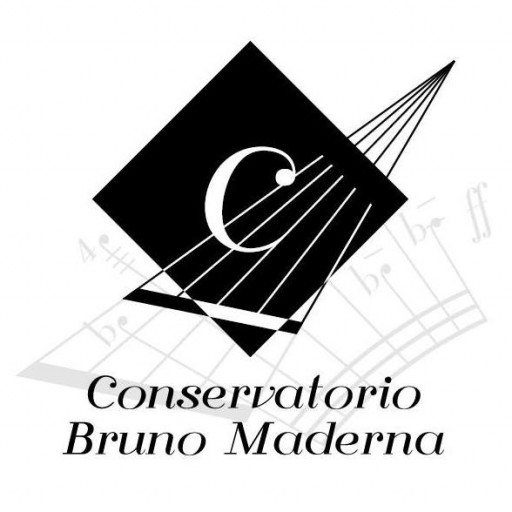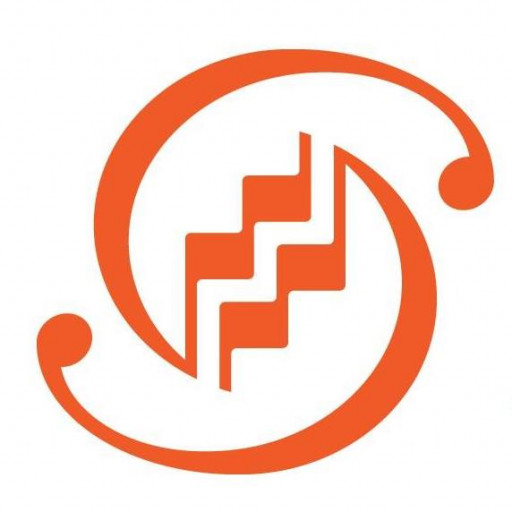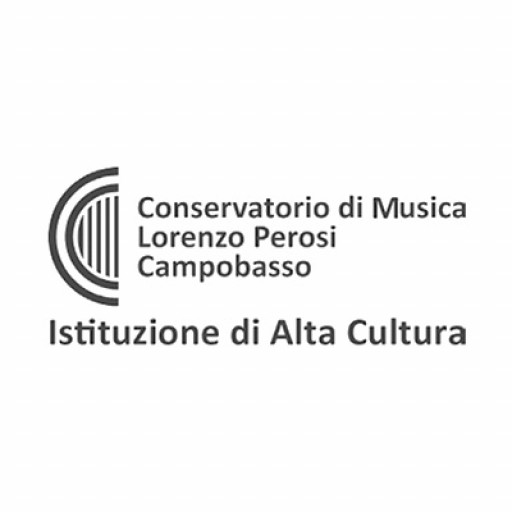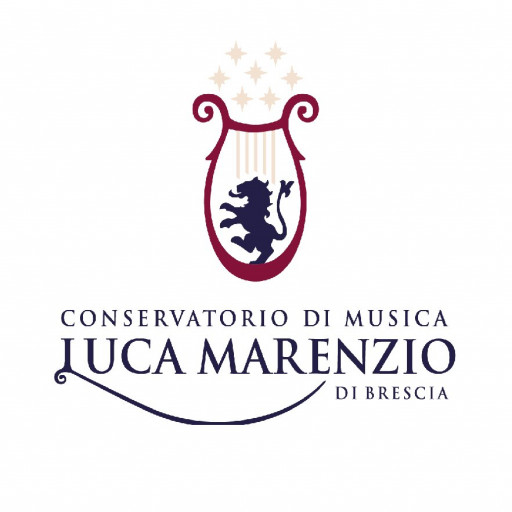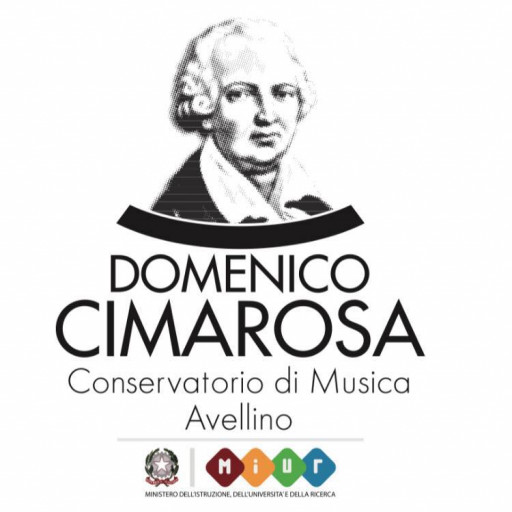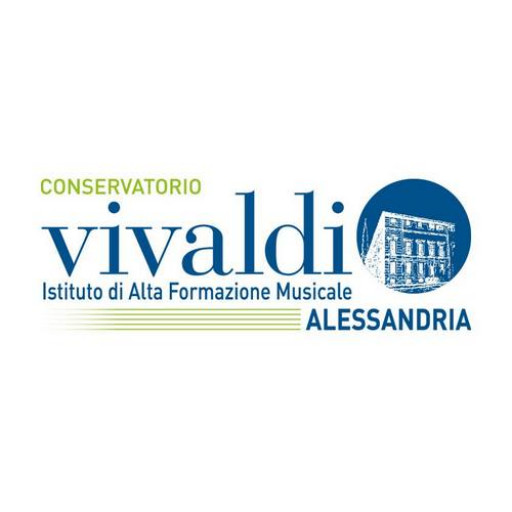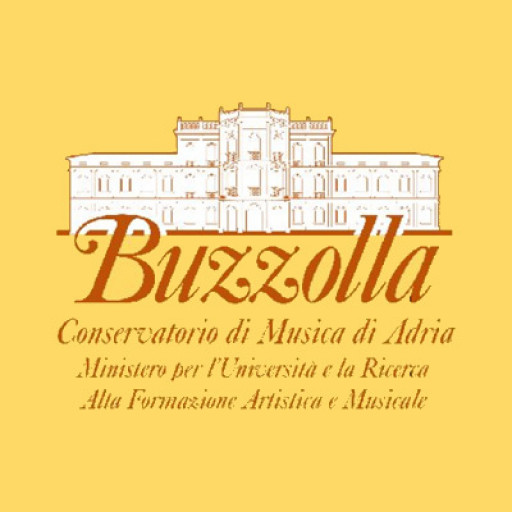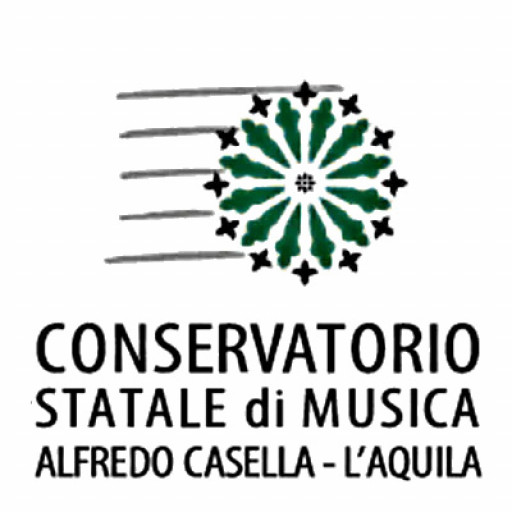Photos of university / #urochester
Conducting majors are offered on the master’s and doctoral levels. MM students with a major in choral conducting study choral literature and rehearsal techniques. The MM in orchestral conducting gives the aspiring conductor insights into the professional conductor’s workshop. Not only are advanced technical problems dissected and discussed, but emphasis is placed on rehearsal technique and the relationship between technique and rehearsing. DMA conducting majors, while concentrating on a specialization, also conduct in areas other than their principal repertory. A feature of the conducting program is regular tutorial sessions, given in conjunction with a significant amount of contact hours with the School’s ensembles. In addition, a diploma in sacred music may be combined with a degree in choral conducting.
Entrance to the program is based on a pre-screening videotape and a rehearsal segment with one of Eastman’s orchestras as well as test placements in theory and ear training. The program, while stressing rehearsal, guarantees several performance possibilities with an Eastman ensemble.
Although there is no undergraduate major in conducting, undergraduates may elect courses such as basic, intermediate, and advanced instrumental and choral conducting; wind ensemble repertory; choral repertory; and contemporary music performance practices. (Some courses require special approval for undergraduates.) Music education majors and organ performance majors are required to take conducting courses as part of their curriculum. Opportunities for self-initiated performances abound at Eastman. Future conductors are particularly apt to take advantage of these.
Prerequisites: Candidates must have significant experience as a performer and conductor.
Upon entry to the program, master’s students take placement exams in music theory and history. If remediation is required, the appropriate courses are taken, but their credit does not count towards the master’s degree program of study. The same is true of any English language instruction that is required. .
Residency: Students in the MM Conducting program have a two-year residency requirement. See section 05.01 (Residency) for more information.
| Courses |
Credits |
| CND 481, 482, 483, 484 (Orchestral Conducting–one each semester) |
12 |
| CND 441-444 (Colloquy in Conducting)–one each semester, 0.5 cr. each |
2 |
| Music History and Literature, including MHS 480 (Bibliography) and two of the following: MHS 421 (Middle Ages), MHS 422 (Renaissance), MHS 423 (Baroque), MHS 424 (Classic period), MHS 425 (19th Cent.), MHS 426 (20th Cent.) |
8 |
| TH 400 (Analytical Techniques) – students who received a bachelor’s degree from Eastman must take TH 401 instead of TH 400 |
3 |
| ENS 400 (Graduate Ensemble–2 sem. minimum) |
2 |
| Electives. Recommended electives include Applied Music (up to 3 cr.); Orchestration; Advanced or Intermediate Keyboard Skills. |
7 |
| MM Listening Exam or pass MHS 435 Concert Repertoire with a grade of B- or better. | – |
| Oral Examination | – |
| Remedial coursesIf required by placement exams, these courses do not count toward total credits for the degree. See section 06.02.03 (Placement Examinations, Listening Exam, and Remedial Courses – MM) and section 05.03 (Placement Examinations and Remediation) for further information. | – |
| Total Credits |
34 |
Foreign Language: Orchestral conducting students should have foreign language proficiency equivalent to one year of undergraduate study in French, Italian, or German. The degree of proficiency will be tested by written entrance examination upon matriculation. If the necessary degree of proficiency is not reached, a foreign language will be a mandatory part of the student’s curriculum until it is reached. In this case, the student will be required to pass the second semester of a freshman-level language course with a grade of B or higher.
Recital: Orchestral conducting students will be required to conduct a minimum of 2 short rehearsals with the conducting orchestra per month, and conduct a performance of one main orchestral work not less than 25 minutes in length. This performance is preceded by an oral examination on the work, held approximately two weeks prior to the performance. The jury for the oral examination and the performance will consist of three faculty members selected by the Conducting & Ensembles department.
Requirements
- Online Application and Application Fee
- Personal Statement
- Résumé or Curriculum Vitae
- Academic Transcript(s)
- Recommendations (3 required)
- TOEFL Exam Scores & Non-Native English Essay
- Audition
- Interview
- Pre-screening recording
Scholarships
The Eastman School of Music provides financial support to its graduate students primarily through the Graduate Award Program, a merit-based system of financial aid. Eastman’s Graduate Award program is able to provide in-depth professional training for graduate students and receive valuable services in return. Graduate applicants, who are not only highly recommended in their major, but who also are highly recommended for a graduate award, receive the most merit-based financial support from Eastman. The graduate awards are processed through the Graduate Studies Office.
A graduate award normally consists of a stipend (salary for the work done) and a tuition scholarship. A small number of awards are tuition scholarship only. Admission to a graduate program does not guarantee a graduate award.

